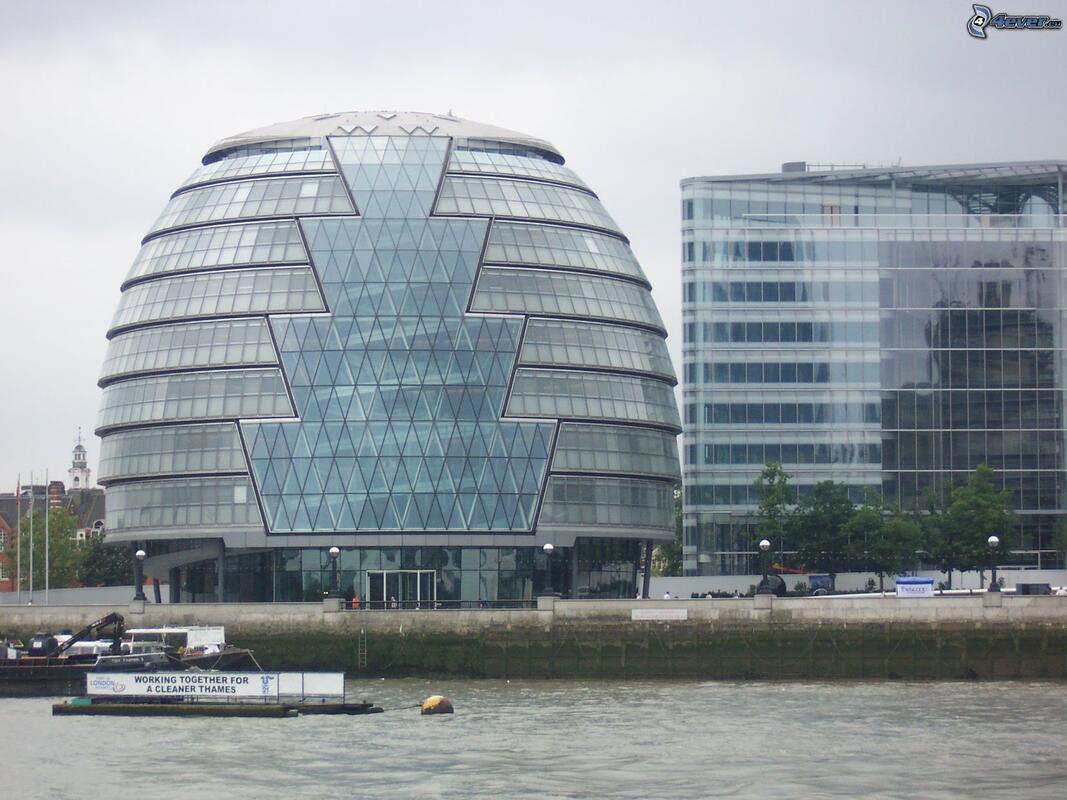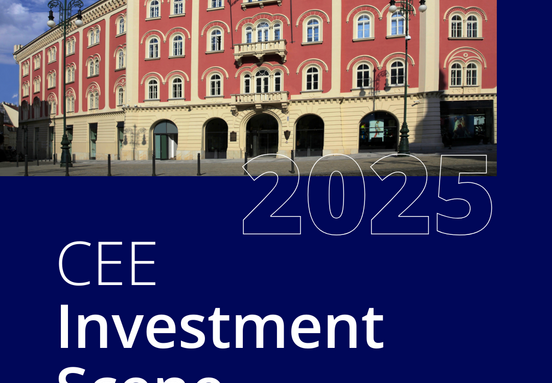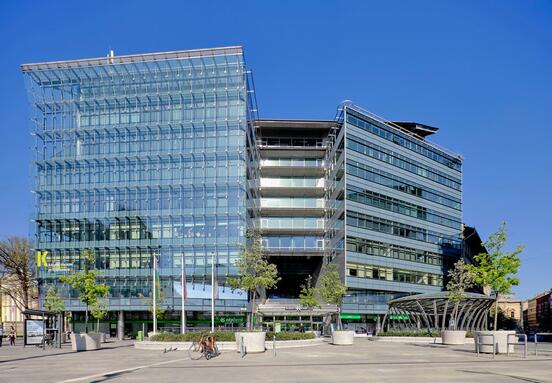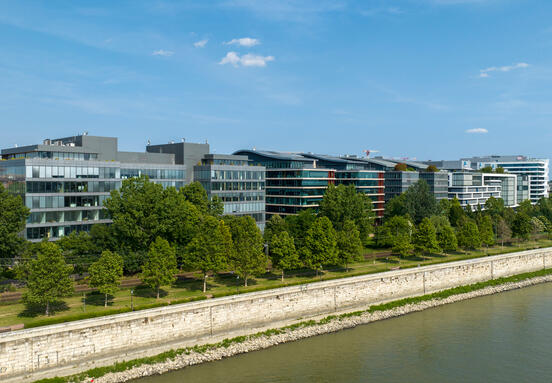New Bond Street has leapfrogged Milan’s Via Montenapoleone ($2,179 psf/yr), which last year became the first European street to top the global rankings, and New York’s iconic Upper Fifth Avenue ($2,000 psf/yr), in the 35th edition of the firm’s flagship retail report ‘Main Streets Across the World’.
Using Cushman & Wakefield’s proprietary data, the report focuses on headline rents in 141 best-in-class urban locations across the world which, in many cases, are linked to the luxury sector. It includes a global index ranking the most expensive destination in each market.
“New Bond Street’s rental growth has been fuelled by strong demand, limited supply, and continued investment in the public realm, all of which have reinforced its status as a global retail destination,” said Duncan Gillard, Head of Central London Retail at Cushman & Wakefield. “The prime jewellery section between Clifford Street and Burlington Gardens in particular has become one of the most fiercely contested locations in global retail. This has seen many occupiers opting for long-term leases on strong rental terms to protect their position in this highly coveted location.”
Robert Travers, Head of EMEA Retail at Cushman & Wakefield, added: “The enduring appeal of the world’s premier main streets lies in their unique blend of heritage, visibility and cultural cachet. These iconic corridors are more than just retail destinations; they are global stages for brand storytelling, architectural expression and consumer engagement. Securing space on these streets can be extremely challenging, demanding innovative approaches to unlock new opportunities.”
Globally, rents grew on average at 4.2% with 58% of markets experiencing rental growth. The Americas led regional rental growth at 7.9%, driven by currency effects in South America. Europe experienced steady 4% year-on-year (y-o-y) growth, with standout performances in Budapest and London. Meanwhile rents in Asia Pacific slowed to 2.1%, with strong growth in India and Japan offset by economic headwinds in Greater China and Southeast Asia.
“Budapest is strengthening its position as a top retail hub in Central and Eastern Europe,” said Viktória Szabó, Head of Retail at Cushman & Wakefield, Hungary. “A 33% rise in rental rates reflects strong demand and marks Fashion Street’s emergence over Váci utca as the city’s most sought-after retail corridor.”
Ms. Szabó continued, “Since Fashion Street’s launch in 2004, we have served as its exclusive leasing agent and property manager, playing a key role in its transformation into a premier shopping destination. Many brands that previously opened their flagship stores on Váci utca are now opting for Fashion Street, drawn by its comparable pedestrian flow and vibrant atmosphere that enhances brand visibility. The sustained market interest indicates potential for additional high-quality retail avenues in Budapest."
Regional Highlights
Europe
London led the resurgence in rents in Europe, with New Bond Street (+22%), Oxford Street, and Regent Street all recording double-digit increases. Budapest’s Fashion Street was the region’s standout performer, with a 33% rise, overtaking Vaci utca as the city’s premier retail destination. Milan and Paris maintained their global status with stable rents on Via Montenapoleone ($2,179 psf/yr) and Champs Elysées ($1,364 psf/yr).
Americas
The Americas remained the strongest performing region overall, with average rent growth of 7.9%. Sao Paulo’s Oscar Freire Jardins in Brazil seeing a remarkable 65% increase, climbing seven places in the global rankings. In North America, rental growth was more subdued, with the United States averaging 2.5%. While New York’s Upper Fifth Avenue remained flat, neighbouring Madison Avenue and SoHo recorded growth of over 8%, offering attractive value at 30-50% lower rents. Canada saw a rebound, with Vancouver’s Robson Street reversing a 25% decline in 2024 to post a 20% increase in 2025.
Asia Pacific
Rental growth in Asia Pacific slowed from 2.8% in 2024 to 2.1% in 2025, though performance varied widely across markets. India’s Tier 1 cities led the region, with Gurgaon’s Galleria Market recording a 25% increase, followed by Connaught Place in New Delhi (14%) and Kemps Corner in Mumbai (10%). Japan’s Ginza and Omotesando in Tokyo saw strong growth of 10% and 13% respectively, while rents in Hong Kong’s Tsim Sha Tsui declined by 6% to $1,515 psf/yr. Sydney’s Pitt Street Mall recorded modest growth of 4%, reaching $795 psf/yr, marking a return to positive momentum after years of stagnation.
“Budapest is strengthening its position as a top retail hub in Central and Eastern Europe,” said Viktória Szabó, Head of Retail at Cushman & Wakefield, Hungary. “A 33% rise in rental rates reflects strong demand and marks Fashion Street’s emergence over Váci utca as the city’s most sought-after retail corridor.”
Ms. Szabó continued, “Since Fashion Street’s launch in 2004, we have served as its exclusive leasing agent and property manager, playing a key role in its transformation into a premier shopping destination. Many brands that previously opened their flagship stores on Váci utca are now opting for Fashion Street, drawn by its comparable pedestrian flow and vibrant atmosphere that enhances brand visibility. The sustained market interest indicates potential for additional high-quality retail avenues in Budapest."
Outlook
Prime retail destinations continue to outperform broader market trends, demonstrating resilience amid economic uncertainty and shifting consumer behaviour. While interest rates remain elevated, inflation pressures are easing, and central banks retain capacity for further rate cuts. This, combined with stabilising consumer sentiment, real wage growth and a rebound in international tourism, is expected to support retail performance in the coming year.
Report author Dr. Dominic Brown, Cushman & Wakefield’s Head of International Research, said: Prime retail corridors are benefiting from a convergence of factors including resilient economic growth, easing cost of living pressures, and a renewed appetite for discretionary spending. While growth trajectories will vary by market, the strength of flagship locations is clear. We’ve seen exceptional double-digit rental growth in select cities, even as others face pressure. The continuing importance of physical retail, particularly for deep and meaningful brand engagement in places where consumers want to be, reinforces the enduring appeal of the world’s premier shopping streets and we expect this momentum to strengthen as global conditions improve.”
Cushman & Wakefield








